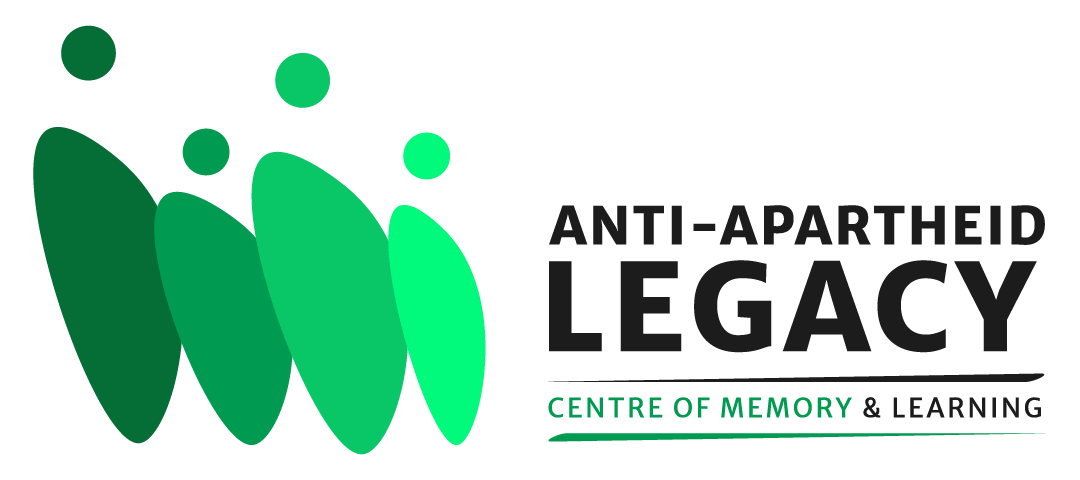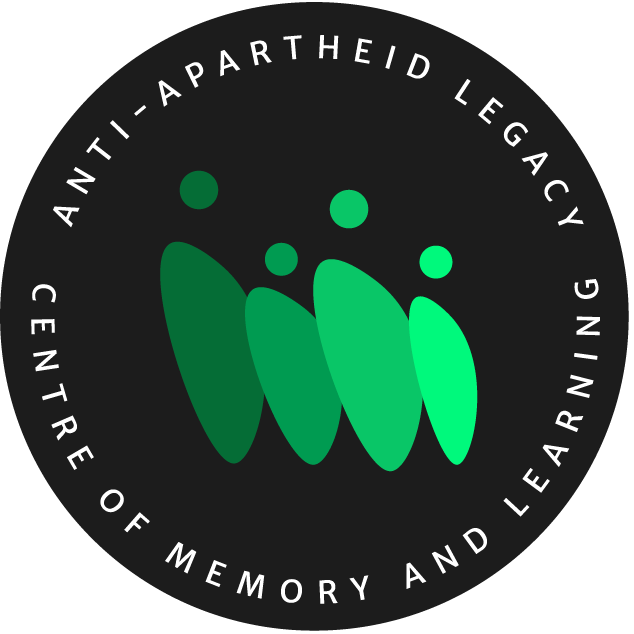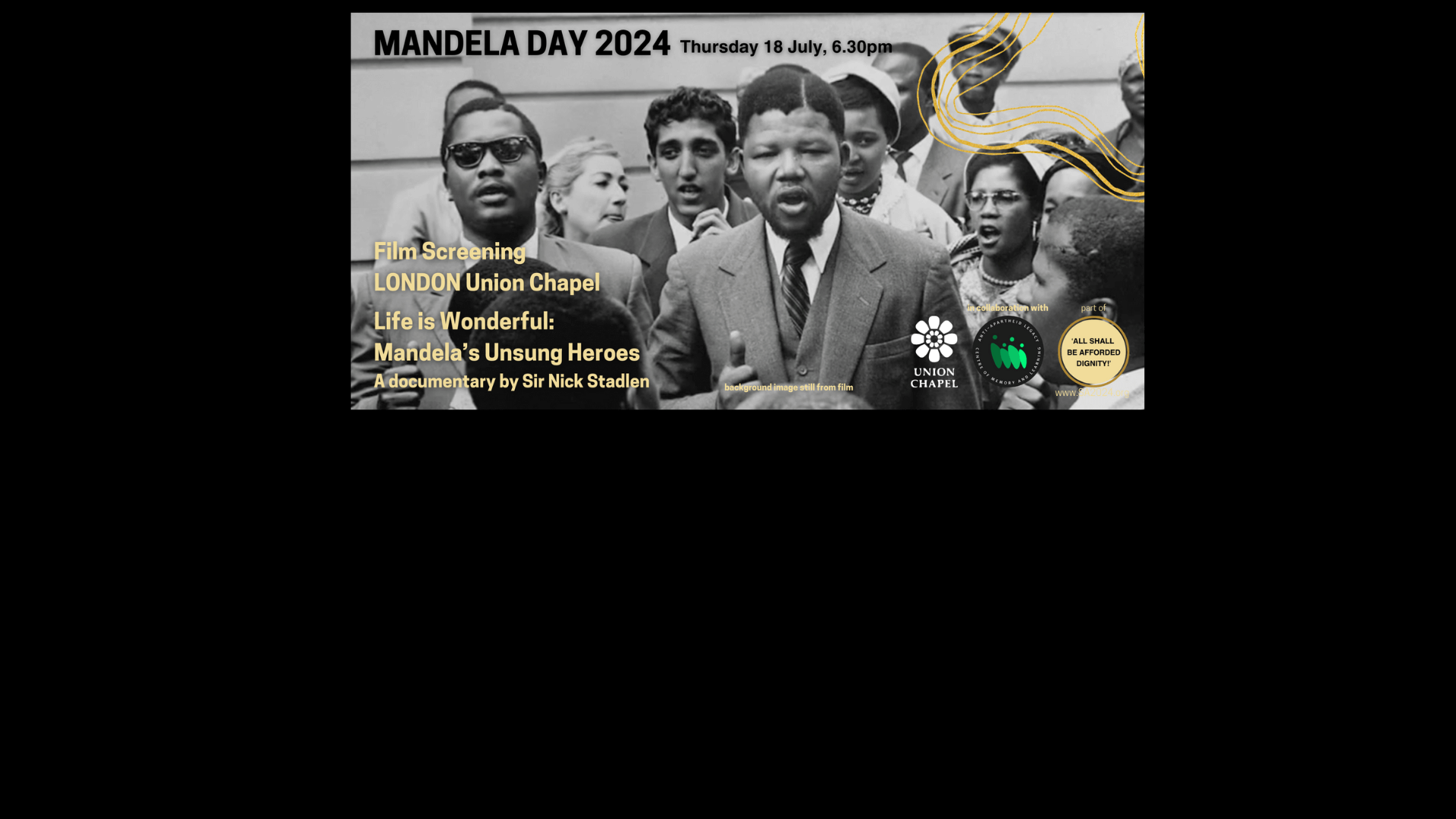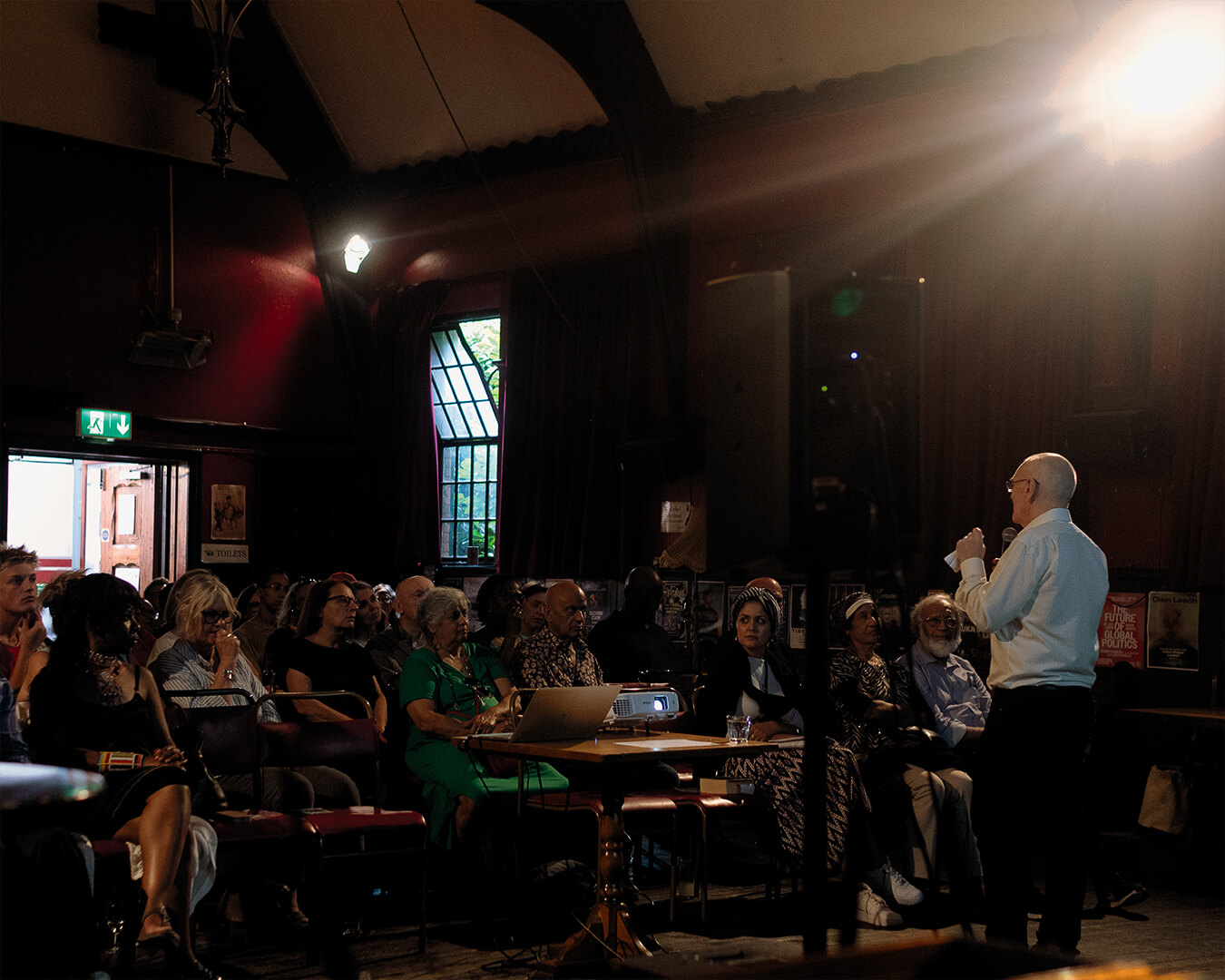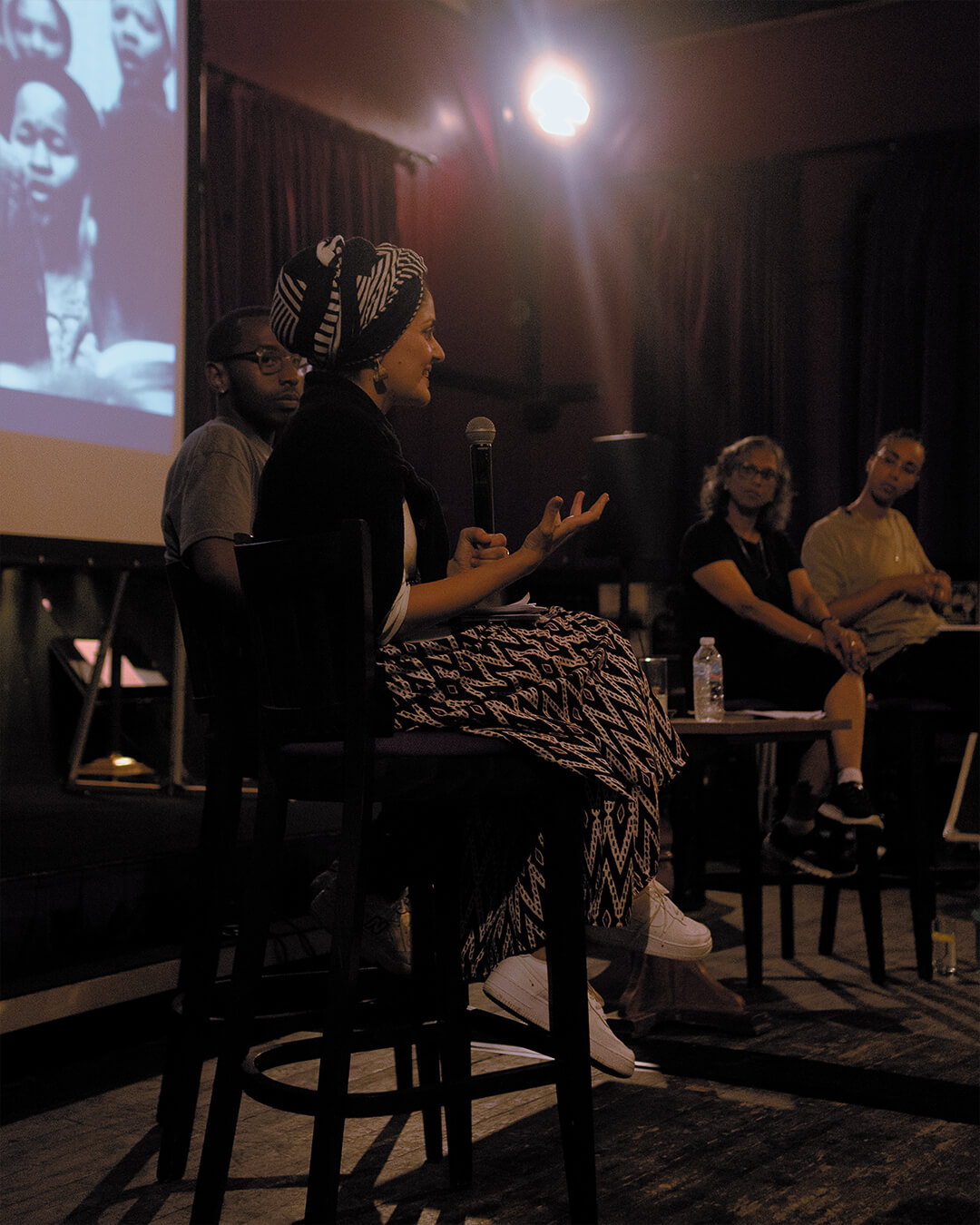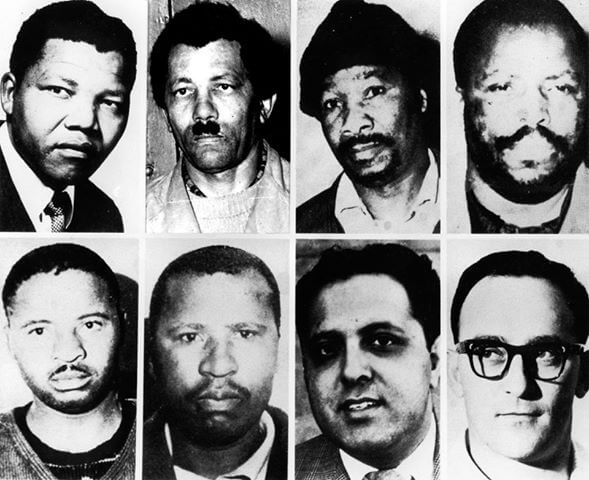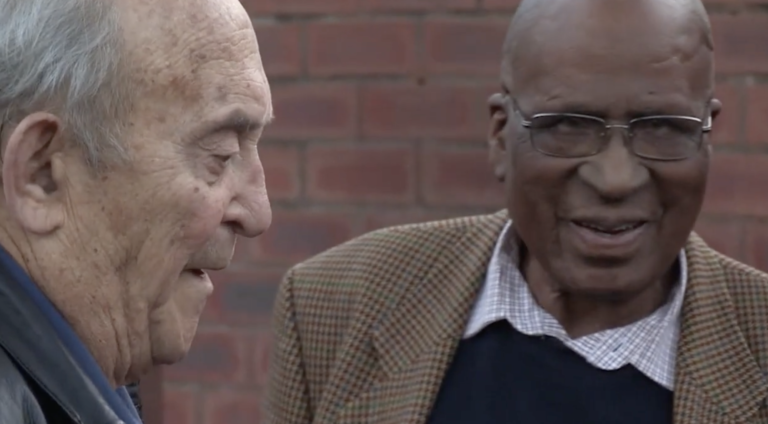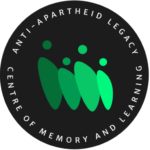Mandela Day 2024 - 18th July
A screening of Life is Wonderful: Mandela’s Unsung Heroes
I’m Jessica Douglas-Pires, an A-Level student studying social sciences and humanities. I attended the Mandela Day film screening: ‘Life is wonderful: Mandela’s Unsung Heroes’ to develop a deeper understanding of the Rivonia trial and its impact on the South African community.
The screening took place at the Union Chapel, Compton Terrace, London on the 18th of July (Mandela Day) 2024 to commemorate the life and legacy of Nelson Mandela. He was a leader who helped change the 20th century and helped shape the 21st. His values continue to inspire many including the Anti-Apartheid Legacy team through its work with a range of communities in different settings in the UK.
This award winning documentary celebrates the life of Nelson Mandela with reference to the Rivonia Trial following his imprisonment, it’s one of many stories that represent the importance of self-sacrifice and dedication to end the chains of Apartheid. Sir Nick Stalden interviews those who were involved to explore the true legacy of the trial and its influence throughout legal history, highlighting the resistance to white superiority and challenging the common idea of minorities not being able to change the world in ways that are said to be impossible at the time.
The documentary is an insight into the role of law under apartheid and how its trials were judged based on the insecurity of white domination. This film creates an interest in learning about the ideology of non-racialism and asserts the need for human right laws to protect minorities and those who face inequities in their day-to-day life.
Mandela’s legacy
The legacy continues. Revolutionaries of the anti-apartheid struggle continue to inspire others with “courage, tenacity and intensity” stated by Senior Lecturer in Political Theory, Dr Ayesha Omar. The film screening effectively demonstrates how the Rivonia Trial was a major moment in the struggle against apartheid and still remains relevant to the contemporary moment.
For me, the copy of Mandela’s statement at the opening of the defence case ‘I am Prepared to Die’ discussed in the film, solidified the responsibility of sacrifice and dedication to a fight for black South African rights and explained why it was necessary to go beyond constitutional methods towards armed struggle. Mandela’s demand of equal rights for all, 60 years ago, has relevance in the fight for democratic freedom in today’s world. This can be seen in the thousands of people around the world who have joined protests calling for an end to the war in Gaza.
Learnings for today
Stadlen’s film illustrates the mechanism of institutionalised racism, under apartheid black South Africans were limited in areas such as education and economic stability. Economic disparity and unequal access to education have been implemented against minority groups throughout history and can still be seen to this day. It is important to recognise that the struggle for equality is not something of the past but something that continues in different ways in the 21st century.
Hope for tomorrow
‘Mandela’s Unsung Heroes’ shows how a generation of leaders excelled doing what they believed in and has the ability to give hope to people now. Involvement with the Anti-Apartheid Legacy organisation can bring an influx of new, strategic and effective ideas that can continue to uphold the legacy of those who fought against the struggle.
Written by Jessica Douglas-Pires, a volunteer for Anti-Apartheid Legacy, who wrote this blog as part of her work-experience with the team between July – August 2024.
